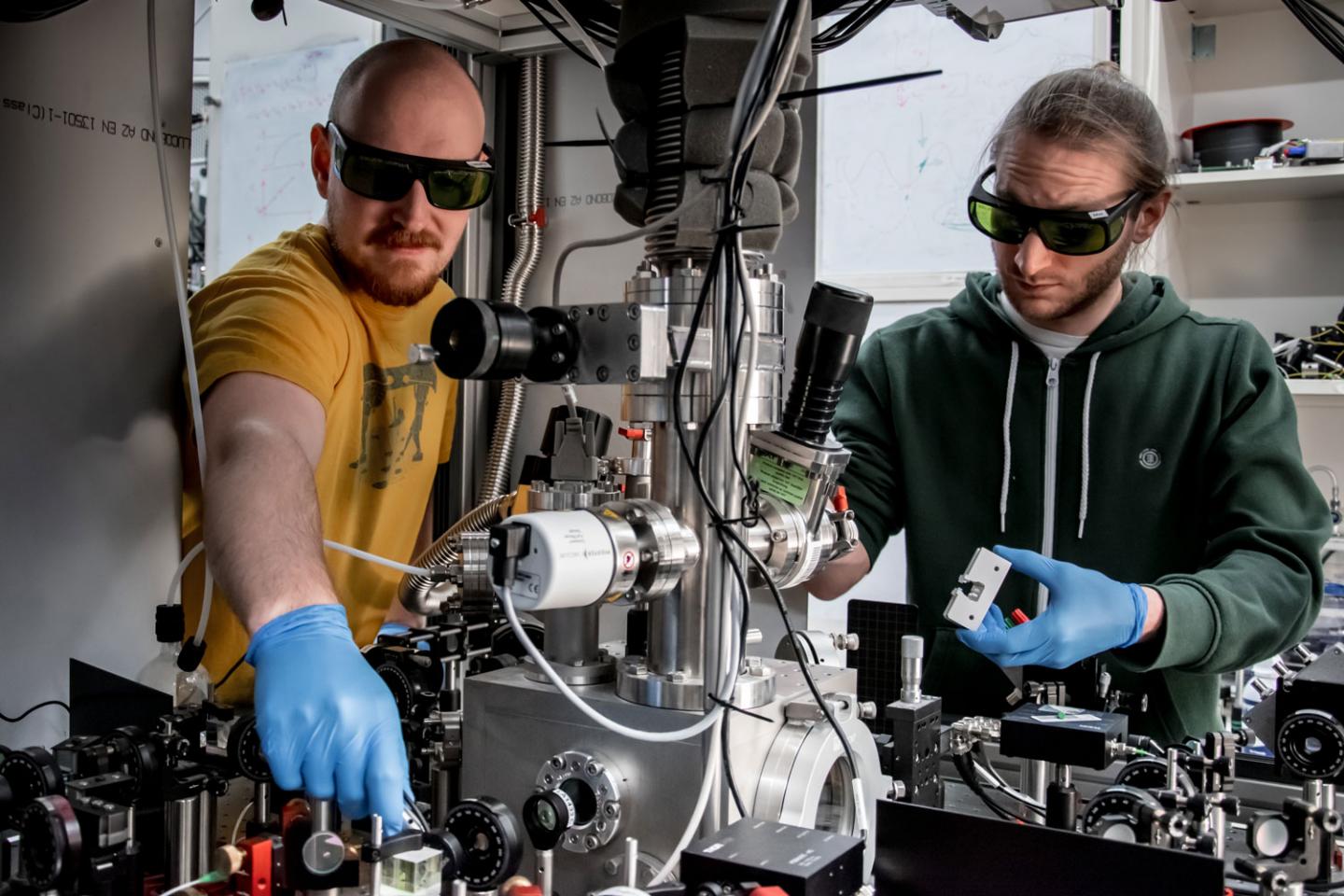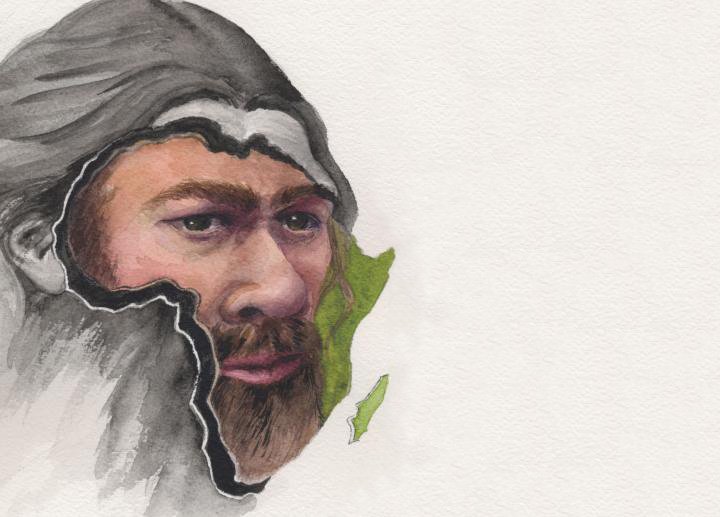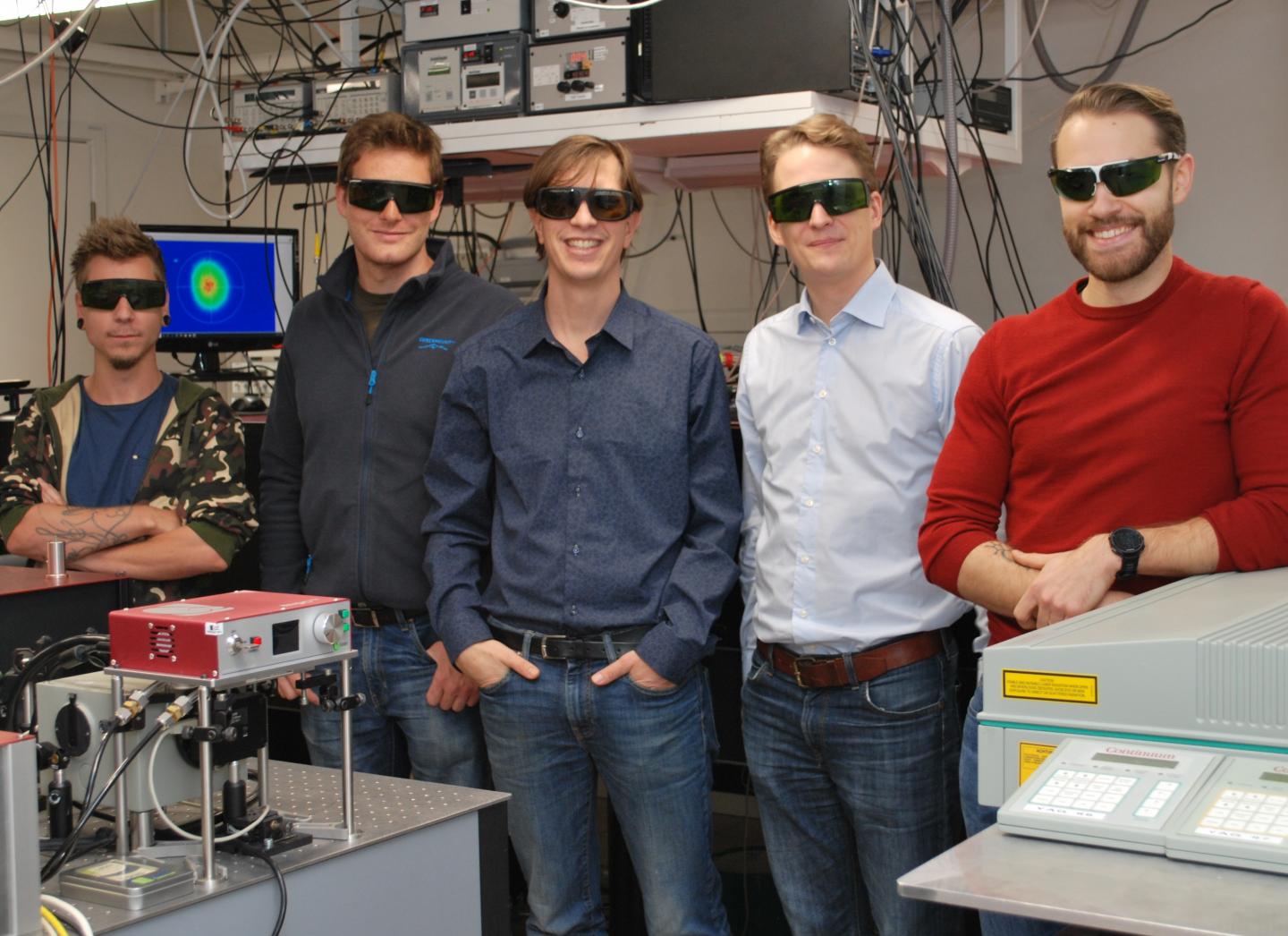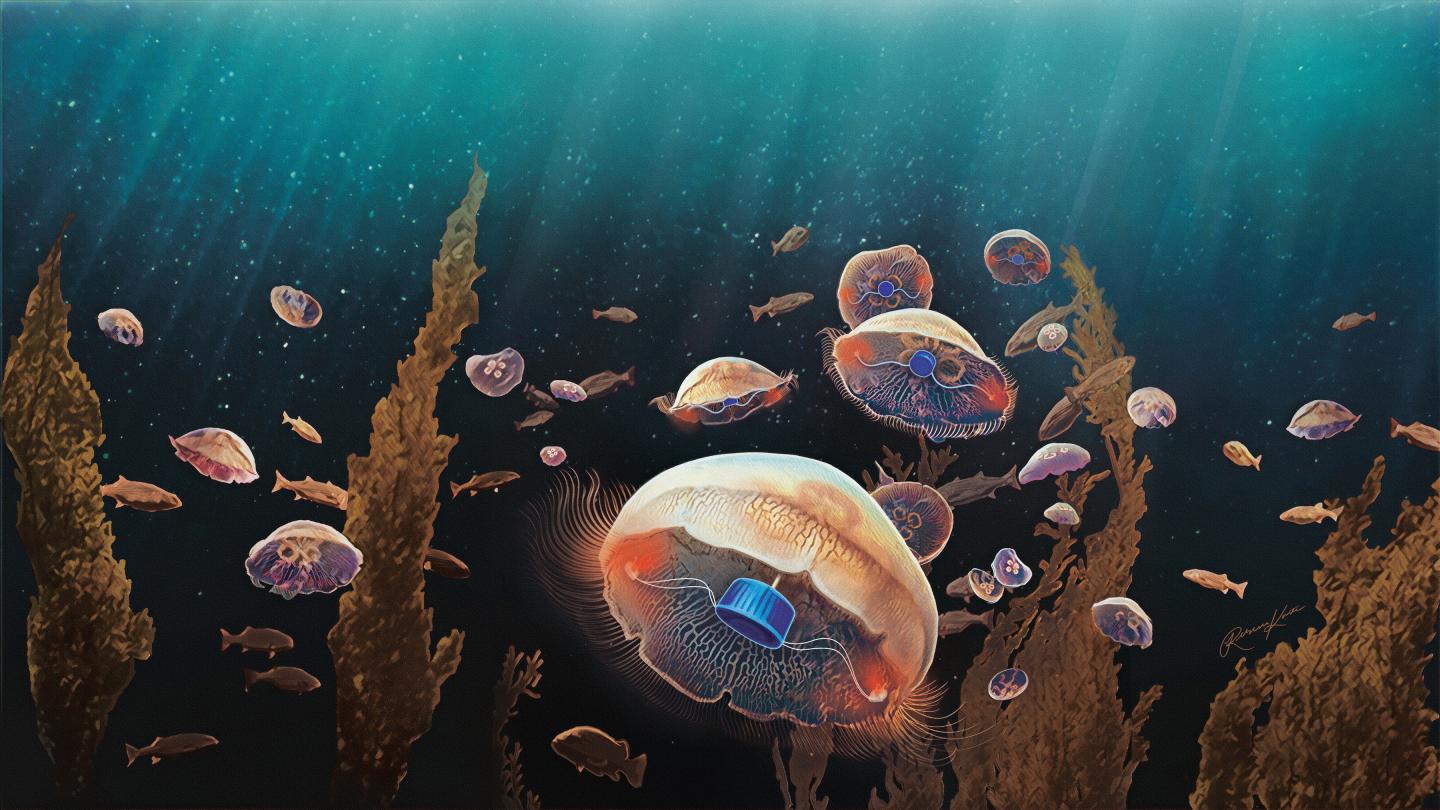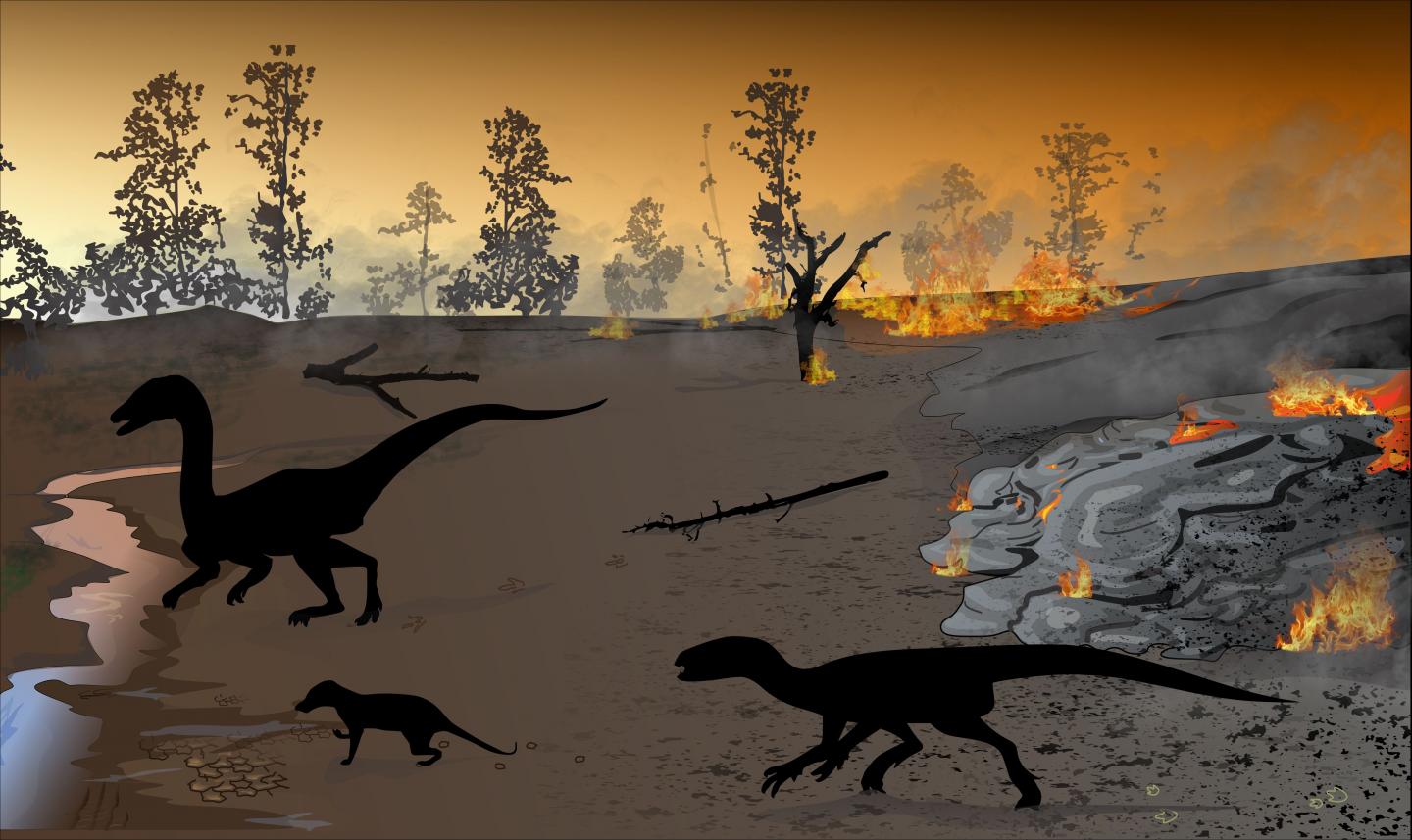A quantum of solid
It is well known that quantum properties of individual atoms can be controlled and manipulated by laser light. Even large clouds of hundreds of millions of atoms can be pushed into the quantum regime, giving rise to macroscopic quantum states of matter such as quantum gases or Bose-Einstein condensates, which nowadays are also widely used … Read more
